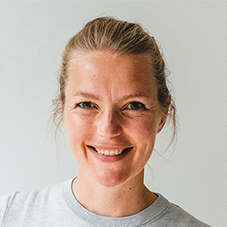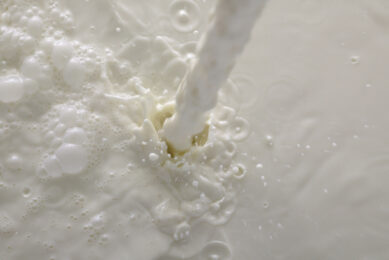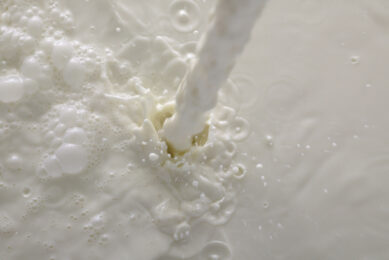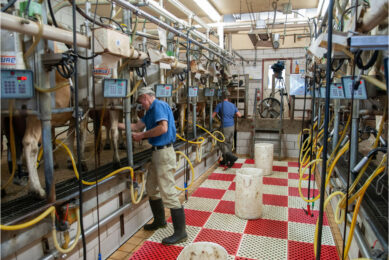Rabobank’s dairy outlook for Australia and NZ
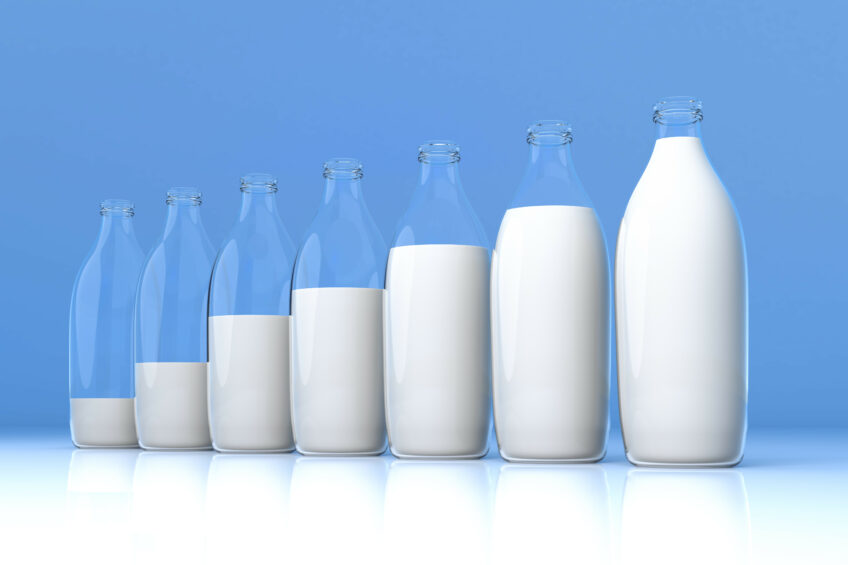
In the upcoming months, the dairy markets look well-balanced in New Zealand and Australia. This is according to the monthly update for July, published by Rabobank.
Slowdown of milk production growth in Australia
For Australia, there was a flurry of southern export milk price announcements over the past few weeks, leading up to a new season. Reported average milk prices range between AUS$ 5.75-6.20 dollars per kgMS. Some of them are openings and others are full-year forecasts. These prices are broadly in line with Rabobank’s forecast for the base commodity milk price of AUS$ 5.90 dollars per kgMS.
Also read: Dairy-free: Is it really what consumers want? – The trend of these dairy-free beverages means competition for the dairy sector, although this space also faces some challenges, according to Rabobank experts in a new report. Read more…
At the same time, growth in Australian milk production has slowed down in May, increasing by 2.5%. This was largely driven by a lack of milk supply in eastern and western Victoria. National production for season-to-date will lift just 284m litres. Despite amid concerns about trade wars, excess dairy stocks and strong finish to the New Zealand season, the global market fundamentals have not shifted, suggesting a well-balanced market in the coming months.
Exceptional milk supply in tail of 2017/18 season
Rabobank reports that New Zealand has seen an exceptional milk supply for the final production month of the 2017/18 season. This led to an increase of 6% in the collections for May 2018. As such, total New Zealand production for the full season landed on part with the prior season at 21.4m tonnes (+0.1%).
Also read: Dairy market: What to expect in 2018
If the weather permits, Rabobank expects that the milk pool for the current 2018/19 season will grow once again. However, the bank sees challenges for farmers to further invest to expand the farm. Like in Australia, amid concerns about trade wars, excess dairy stocks and strong finish to the New Zealand season did not have a major impact on global market fundamentals. Rabobank forecast farmgate milk prices of NZ$ 6.80 per kgMS for 2018/19.
[Source: Rabobank]
Join 13,000+ subscribers
Subscribe to our newsletter to stay updated about all the need-to-know content in the dairy sector, two times a week.


